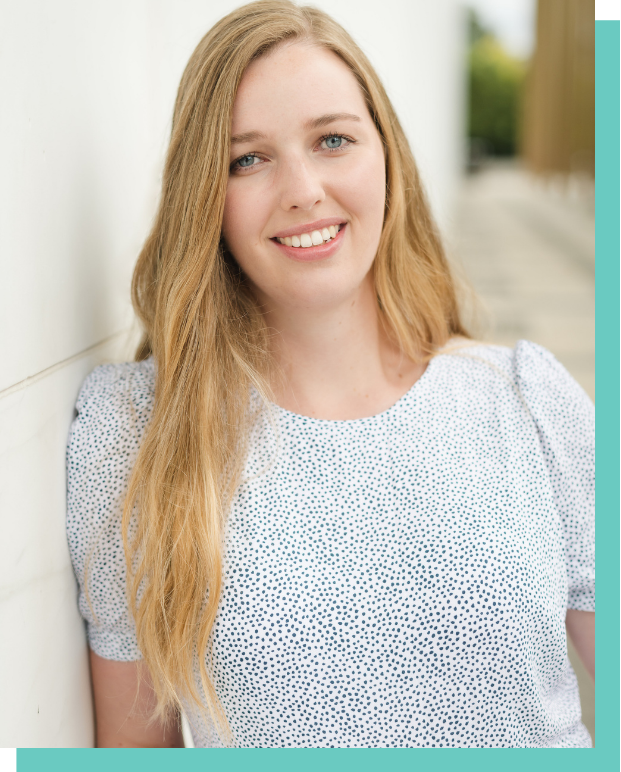Let’s start with the basics: what is intuitive eating (IE)? In short, IE is a framework that challenges diet culture by refocusing on health. It teaches us to connect with our bodies and feed them without judgment. Sounds too good to be true, right?! If you’re interested in learning more, take a dive into a few of our other blog posts which explain the basics of intuitive eating. You may be wondering, “Can I eat intuitively and lose weight?”As a quick reminder, here are the 10 principles of IE:
- Reject the Diet Mentality.
- Honor Your Hunger.
- Make Peace with Food.
- Challenge the Food Police.
- Discover the Satisfaction Factor.
- Feel Your Fullness.
- Cope with Your Emotions with or without Food.
- Respect Your Body.
- Exercise – Feel the Difference.
- Honor Your Health with Gentle Nutrition.
One of the common responses I get when discussing intuitive eating with new clients is “Ok, so this isn’t a diet…but can I do intuitive eating and still lose weight?” I get it; I really do! We live in a culture that values thinness as a privilege to be sought after at all costs. We are taught it’s universally attainable if you just diet enough. From our earliest memories many of us were inundated with messages equating size with desirability, worth, and success. Any discussion of weight loss warrants acknowledging that the origins of body ideals are innately sizeist, racist, ableist, sexist, and discriminatory in myriad other ways.
As we see from the above list, intuitive eating encompasses more than “eat when you’re hungry, stop when you’re full”. This mindset easily becomes just another restrictive diet. There are more reasons to eat than just hunger – low energy, social connection, schedule requirements, enjoyment, etc. We are not robots! We are complex beings who eat for a variety of reasons. Denying this sets us up for disappointment and judgment when we invariably eat for reasons other than hunger.
Foundation of Intuitive Eating
The foundational principle of intuitive eating requires us to reject the diet mentality. What does this mean? The diet mentality refers to the value system which places weight/size as the top priority. It also includes the idea that diets work, so if you aren’t seeing results the problem is you. This mentality is inherently flawed. Research indicates that 95% of diets don’t lead to lasting weight loss. In fact, the majority of diets lead to weight cycling (losing weight on a diet, followed by regaining the weight that was lost and then some). Some diets may work for short term weight loss. They are not sustainable, however, so in the long term weight is regained.
The diet mentality also carries with it a lot of guilt, shame, and insecurity. If we believe diets work, then we often feel guilty that for some reason they don’t work for us. Rejecting the diet mentality involves extending compassion to ourselves in place of guilt or judgment.
Can I lose weight and eat intuitively?
By now, maybe you recognize that the desire for weight loss is rooted in diet culture. Intuitive eating is in direct opposition to diet culture. So when we engage in intuitive eating, we align ourselves with recovery focused values. Does this mean it’s impossible to lose weight while eating intuitively? No. It means that one goal of IE is to gradually shift our value system to prioritize health over weight.
No one can accurately guarantee what will happen to your weight when your body is nourished. We can work together to discuss how your body has responded to nutrition in the past. Maybe we can predict where it may want to go in the future. But this is all hypothetical. Some folks eat intuitively and notice losing weight. Others stay the same weight. And some will gain weight through intuitive eating.
Purpose of Intuitive Eating
The point of IE is to nourish your body, practice gentle self care, and slowly rebuild trust with yourself. Trusting your body looks like accepting that it will change over time. Sometimes that involves weight loss or gain. IE will give you the tools, however, to tolerate weight changes. Fluctuating weight can be a gentle reminder to recalibrate the focus to health, not weight.
It is scary to trust our bodies when diet culture has taught us that they are wrong, bad and untrustworthy. That’s where an ED informed RD comes in! We are here to cheer you on and ensure you are nourishing your body appropriately. We also remind you that your body knows what to do with food!
So, to recap: Can you lose weight by eating intuitively?
The short answer is I don’t know! The point of IE is never weight loss. The point is improved health and reconnection with your body. Whatever that may mean for you.
Reflection Questions
In closing, consider reflecting on these questions. And remember to extend compassion to yourself as you explore how diet culture may be causing harm.
What would it look like to nourish your body regardless of weight?
How does it feel to sit with the idea that weight loss may not be the answer?
How has your pursuit of weight loss impacted your long-term health (social, emotional, mental, and physical)?
Reminders
For more information, contact us at Courage to Nourish today. Our eating disorder dietitian nutritionists are located in College Park, Maryland. and Columbia, Maryland. As well as Alexandria, Virginia. Colorado. and Pennsylvania. Read more about the Courage to Nourish team. We’d love to support you in eating disorder recovery.
Also, sign up for our client or clinician newsletter!

Georgia has experience in providing therapeutic meal support, challenging weight bias, normalizing eating, and embracing Health at Every Size in her work with both adolescents and adults. She is passionate about reducing weight stigma in the eating disorder field and developing guidelines for safely incorporating physical activity into eating disorder recovery. She works alongside clients to challenge diet culture together. View Georgia’s full bio here.


